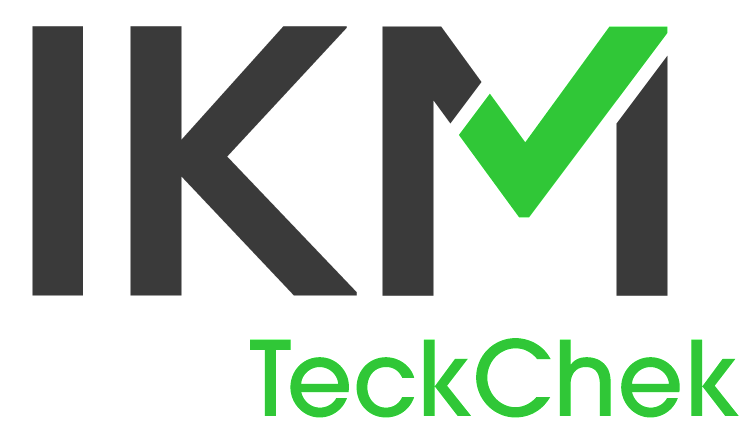Learning Agility
Learning agility is the capacity to rapidly, proficiently, and effectively assimilate new information,
skills, and abilities, adapting and applying them in varying and evolving circumstances. It is a
multifaceted competency that encompasses cognitive, emotional, and interpersonal dimensions, allowing
individuals to discern patterns, navigate ambiguity, and resolve problems in novel situations. Learning-agile
individuals exhibit a keen sense of curiosity, a willingness to risk, a penchant for reflection, and
resilience, enabling them to excel in environments characterized by uncertainty, complexity, and rapid
change. Cultivating learning agility empowers individuals and organizations to anticipate disruptions,
innovate solutions, and sustain competitiveness. This assessment takes approximately 40 minutes to
complete.
This assessment measures 5 components of Learning Agility:
Mental Agility: Broad curiosity about the complex issues, challenges, and novel situations that
leaders face daily, and sets the stage for effective problem solving. This curiosity about issues and
problems helps spot patterns, trends, and relationships.
People Agility: Understanding the value of getting work done with and through people, being attuned
to individuals’ needs and motivations, and typically skilled at reading people with an effective
influencing style. People Agility supports psychological safe work environments.
Results Agility: Results agility is being energized by new, tough assignments and overcoming
obstacles to achieve stretch work objectives. It includes the enjoyment of being judged against external
standards of achievement.
Change Agility: Change agility is embracing change and taking wellreasoned risks even in the face of
that change. It includes openness and acceptance of change and willingness to tolerate risk and
uncertainty.
Situational Self-Awareness: Depth to which individuals know themselves, recognizing their skills,
strengths, and weaknesses, those with high self-awareness have less blind spots and hidden strengths.
